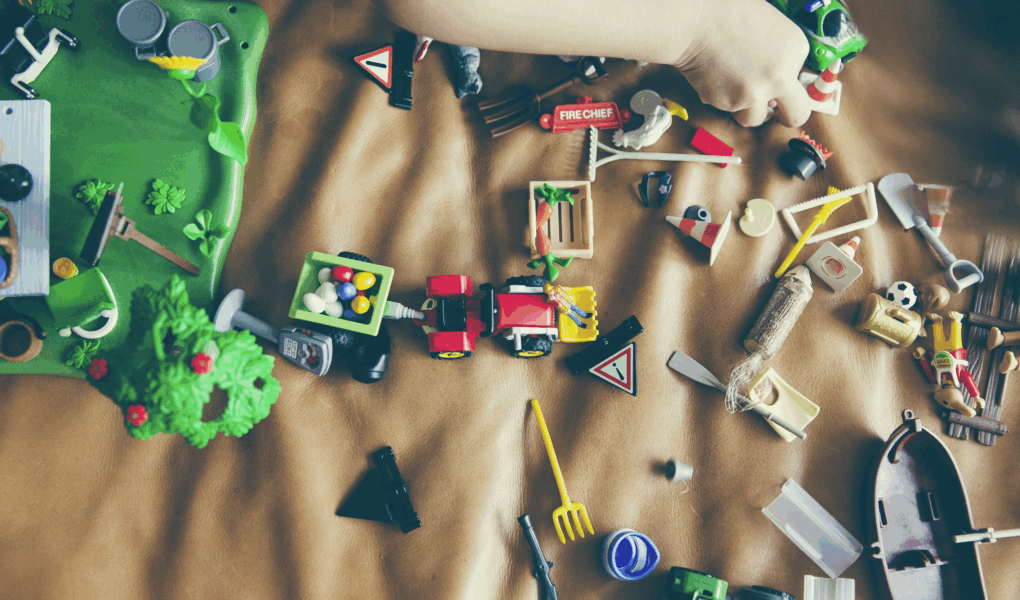For some parents, having their kids make a mess in their home is their worst nightmare, as having the same nightly routine of cleaning up after your children can be tiresome. It can be particularly difficult if you have OCD. However, allowing them to make a mess should be done sometimes. There are actual development benefits of letting your children cause a mess, such as sensory exploration, motor skills development, and self-confidence.
Overprotecting your child can do more harm than good, as it can inhibit their natural ability to learn significant motor skills. While you don’t want your child to get too messy and become unsanitary, you must find a balance so that development potential can be maximized. At the same time, you need to also ensure that you avoid serious accidents to your child.
In this article, we will explore why letting your kid make a mess can be beneficial to their development and to what extent you can let their mess grow as you venture into motherhood.
Emotional Outlet
Messy play can be a powerful tool for non-verbal communication. The way our children react to certain play scenarios can reflect their emotions if they are not yet able to interact through speech. For example, you might see your child joyfully splash in a puddle while showing that they’re happy or they could show frustration by destroying a Lego creation.
This could be taken further if you allow your child to draw or paint something. If they use a strong mix of colors and create something considered scary, it could indicate that they are feeling anxious or fearful of something. This symbolic representation can allow your child to work through their emotions and find their unique ways to express their emotions. This can be a great way to see if your children are happy at home.
Avoids Over-sensitivity
Basic experiences with different textures at a young age will avoid over-sensitivity to messy play textures. If you don’t allow your child to embrace these textures from infancy, they may become over-sensitive to tactile information. This is the reason why you sometimes see children cry from getting muck on their hands and face, or refuse to walk on sand or grass.
Starting with milder forms of messy play, like finger painting, and progressing to activities that are considered more stimulating as they become comfortable is the best way to avoid over-sensitivity. Praising them for making steps in this process will create positive associations that should encourage them to be open to new experiences.
Improved Motor Skills
Our child’s motor skills can improve significantly if we allow messy play. The AAP report ‘The Power of Play’ states that rough-and-tumble play in particular can positively impact locomotor skills. Furthermore, toddlers will use this kind of play as a way of exploring the world around them, developing self-awareness, and making themselves aware of what’s safe and what isn’t.
If you’re particularly worried about rough-and-tumble play, there are ways to keep your house safe from messages. Luxury cushions are always a concern when it comes to kids making a mess, as they can often be costly to replace. However, if you are concerned about this, you can quickly take them off before the messy play commences.
Creative Growth
A child’s creative development improves with unstructured messy play. For them, being able to freely use their imagination with whatever is in front of them will help create new ways of playing and can lead to them being more creative as they grow older.
For example, either when we were kids or through having kids of our own, we know that sometimes children can be more infatuated with the box the toy comes in rather than the toy itself. This isn’t a bad thing. Children who can play with a cardboard box and cause some form of carnage while doing so have a better chance of growing up to be creative.
Develop a Sense of Boundaries
Setting healthy boundaries for our children is very important so that they know right from wrong. Instead of making strict boundaries for your kids, controlled chaos is the key as it’s a great way for your children to learn from first hand experiences.
From experience, a good way of enforcing this is having a specific area with a box of toys, as this helps a child realize that they have self-control over their belongings and are responsible for them. This can lead to them cleaning up after themselves, but it can be a long process for this to happen.
Improved Immune System
Around 50% of children in the UK play outside at least once a week or more, with 29% doing so everyday. While it’s not pleasant seeing our kids get mucky, it can be good for their immune system if they get a little grubby from time to time. Letting our children messy play outside on the grass can be very beneficial for them, as direct contact with soil can expose them to beneficial microbes which can improve immunity to certain illnesses.
In overly sterile environments, children might not encounter a diverse range of microbes early in their life, which can lead to immune system oversensitivity. In extreme cases, this could lead to their immune system attacking harmless substances in their body, which can trigger autoimmune reactions. With that being said, properly cleaning your child after a messy play session is still important.
Promotes Independence
While messy play can improve your child’s social skills, it also helps them with their independence. Being able to amuse themselves is very important for your child’s well-being as self-entertainment is a part of everyday life. There is no right way to enforce this in an unstructured play environment, as you should let your child get on with whatever they please to develop this skill.
By using their mind to play and solve problems, your child should find improved self-confidence and self-esteem at a young age. It can even be something as simple as learning how to read books independently. This is very important as it is something we see a lot of people suffer with as they get older.



